
Environment
Encore: Unexpected outcome in bagging area
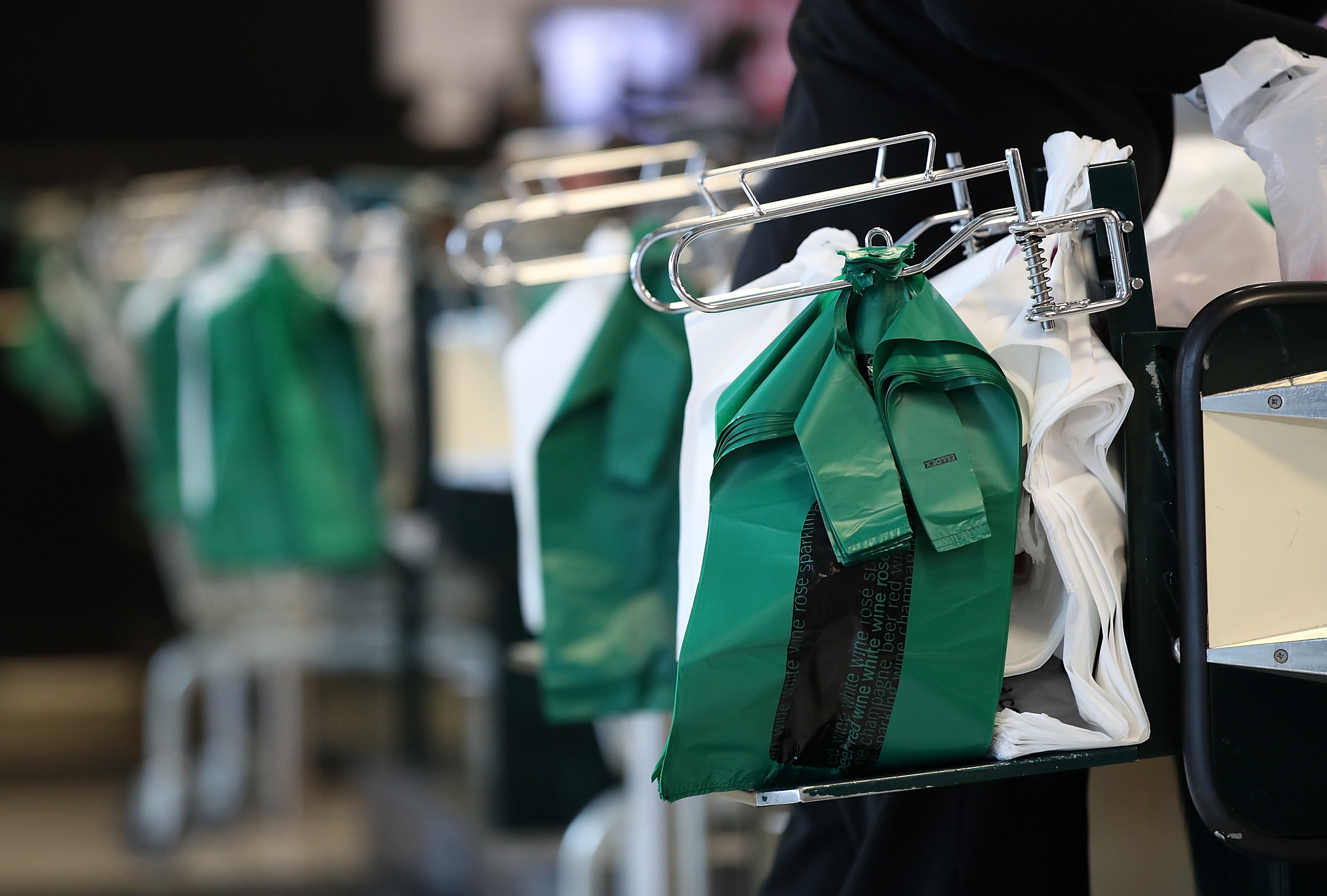
Supermarket Coles has backflipped on its vow to dump single-use plastic bags saying customers aren’t coping with the change to reusable bags. Six experts explain why it’s a bad idea
Published 1 August 2018
Australian supermarket Coles will continue handing out free plastic bags in its stores indefinitely, saying it’s bowing to customer pressure that shoppers “need more time to make the transition to reusable bags”.
The supermarket chain’s decision has raised the ire of environmental groups who have warned that the free, reusable bags Coles will continue to hand out are worse for the environment than the thin, single-use bags.
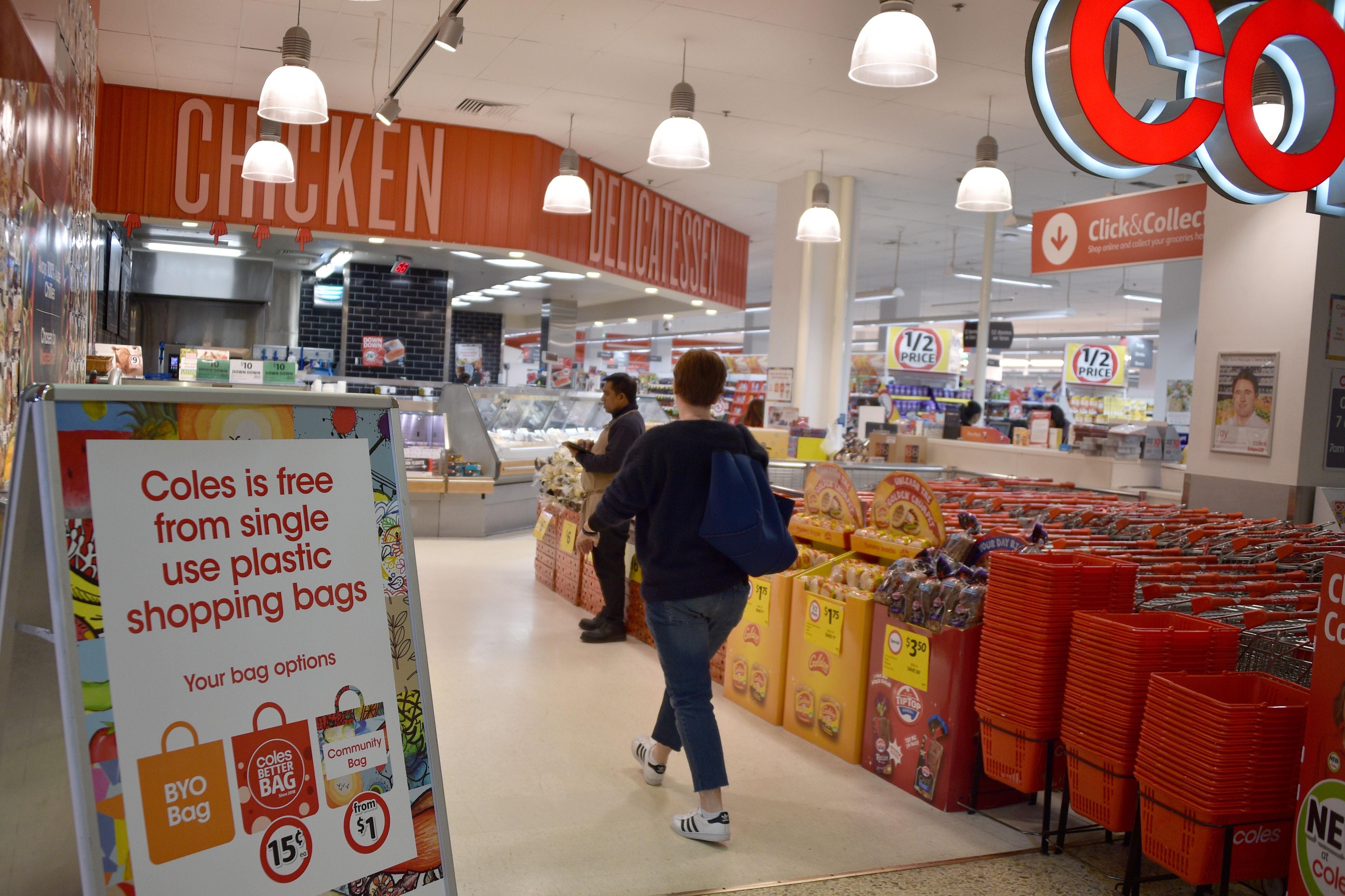
Most Australian states and territory governments, except NSW, have either banned, or pledged to ban, single-use plastic bags.
We asked a number of University of Melbourne experts about the impact of the Coles decision and what might come next for the supermarket.

Environment
Encore: Unexpected outcome in bagging area
This announcement by Coles is personally quite timely given I’ve just watched the War on Waste: Ban the Bag episode with my two young daughters.
They will be very disappointed to learn of this decision by Coles.
What this ABC series has done so successfully is raise public awareness of how our lifestyle choices impact on our environment in ways that many of us weren’t fully aware of.
The decision by Coles to continue to provide a heavier duty plastic bag to customers who are ‘finding it difficult’ to transition to having to supply their own bags is misplaced and potentially more environmentally damaging.
The assumption by Coles is that by providing a heavier duty bag, this will increase the likelihood that this particular population of customers will re-use these bags. Given the diversity and availability of reusable shopping bags that aren’t made out of plastic, the likelihood this will happen actually seems...well...unlikely.
So what implications will this have? Put simply, these bags are made of more plastic so they will take much longer to break down in the environment, whether this is in landfill or if they make it into our waterways, bays and oceans where they can be harmful to wildlife.
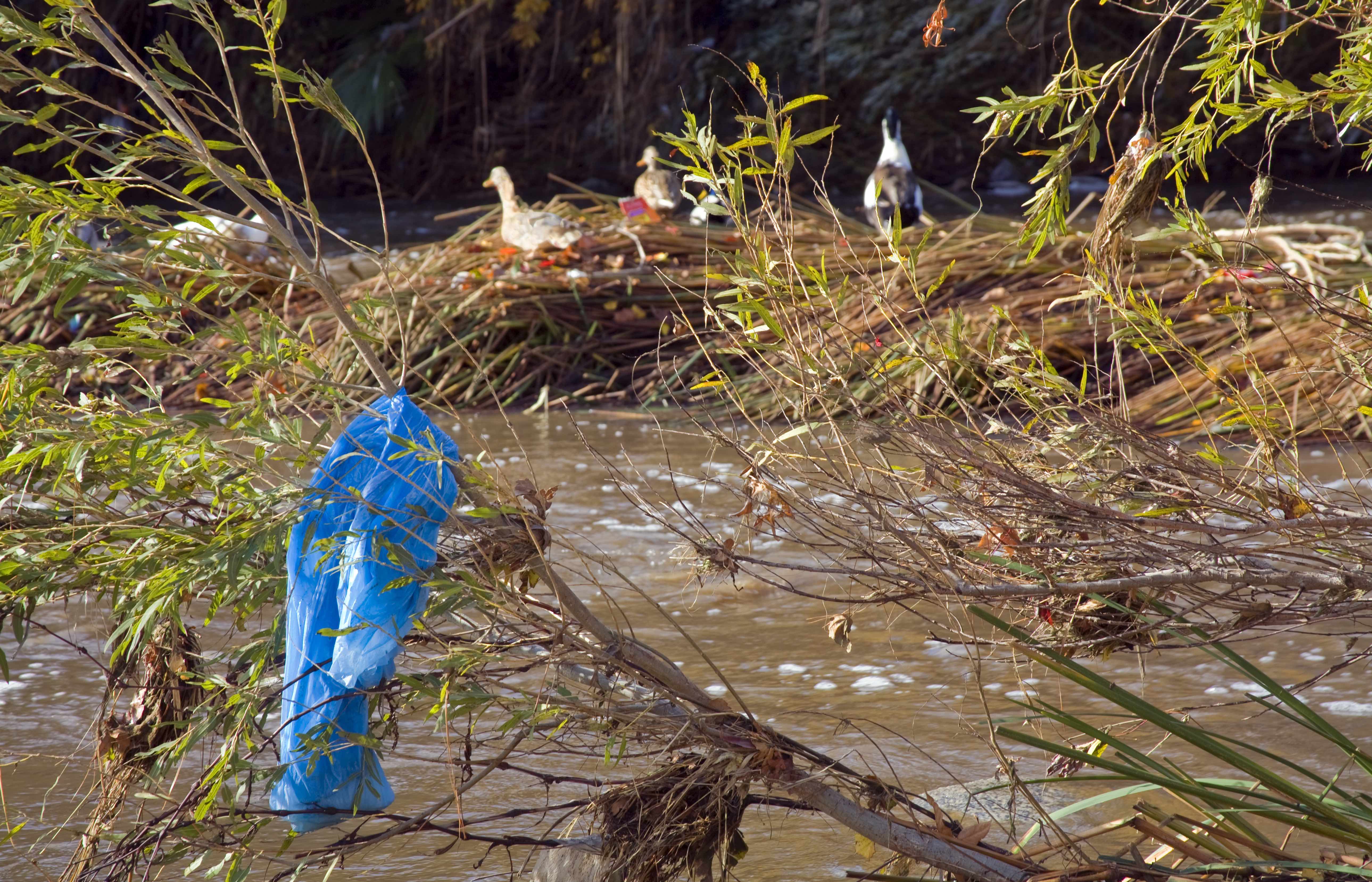
More plastic also means that as these bags breakup, they will produce more micro-plastics, which can be mistaken as food for a much greater diversity of animals. They can cause animals to starve to death because their stomachs become full of plastic, leaving no room for actual food.
Plastics are also very good at binding and accumulating a range of chemical pollutants, so they can also be a toxic cocktail when ingested in large quantities.
It’s clear we have a waste management crisis in Australia. Convenience shouldn’t trump the environment when the evidence is so clear that plastic bags, particularly single use bags, cause long-lasting harm.

Health & Medicine
The household chemicals affecting your fertility
Although popularised in the 80s and 90s as a flexible alternative to direct and enforceable regulation that would encourage novel environmental solutions, self-regulation isn’t as effective in achieving environmental outcomes as other forms of regulation – like simple, outright bans, particularly when an industry splinters as has happened here.
Coles’s conduct will remind governments to be suspicious of claims made by industry that it can achieve an equal – or better – level of environmental performance than the government can mandate through enforceable laws on a range of environmental issues, including on matters relating to climate change.
The Victorian government must reconsider the laws it has proposed to ban plastic bags. The government has indicated that the forthcoming ban on shopping bags will target lightweight bags. It would be a futile law that allowed Coles’s heavyweight shopping bags to continue to be provided to shoppers.
As a result of the change, Coles might be a legitimate target of boycotts and claims of environmental misrepresentation. Australian law contains (despite attempts to change it by the Abbott government) a right to organise boycotts against organisations on environmental grounds. It would be lawful, for instance, for a concerted environmental campaign including Woolworths to urge a boycott against Coles.

While Coles continues to make statements about its environment performance, it may also open itself up to claims by competitors, customers or the Australian Competition and Consumer Commission that it is making inaccurate or misleading statements that amount to greenwashing.
Coles’s decision appears to merely replace thinner plastic bags with thicker plastic bags. Customers tend not to use thicker bags multiple times. So Coles’s decision is worse for the environment than the old status quo.

Sciences & Technology
The Drain Scene Investigators
However, a minor tweak could change that.
Rather than banning thinner plastic bags outright, UK supermarkets introduced a five pence fee for them (about nine cents in Australia). This had a dramatic effect: thin plastic bag use in the UK dropped by 83 per cent. People were deterred by the financial cost, even when it was very small.
Like Coles, Sainsbury’s replaced its thin bags with thick bags (for the same initial price but offering free replacements when the bags wore out). Sainsbury’s still saw a reduction in the total number of carrier bags sold to customers, down 80 per cent.
Packing groceries in free bags is habitual. The mere fact of having to make a choice between paying 15 cents (the price the thicker bags were originally) and not taking a bag makes the issue of plastics, and their role in climate change and environmental degradation, salient to consumers.
This choice disrupts habitual, unreflective consumer behaviour. Coles should reintroduce the 15 cent fee for its thick bags, and then this change will be good news for the environment.
How does the Coles backflip on plastic bags impact on consumers? It certainly weakens the ‘nudge’ to bring your own provided by putting a price on in-store plastic bags.

The opponents of the price on bags initiative might claim the back flip will be applauded by consumers. But is this right?
Certainly, there was vocal criticism from some media identities of the idea that consumers should bring their own bag or pay for an alternative. But in an age where we are all increasingly aware of the insights of data analytics, should we really be relying on the noise of possibly a vocal minority to set policy?
Perhaps data on the number of consumers using reusable bags, and the variation from the time the initiative was announced, would be a more useful indicator of the success or otherwise of the ‘bring your own bag’ initiative. Or the number of consumers actually prepared to pay for the in-store bags.

Business & Economics
Don’t blame inequality just on the ‘Fat Cats’
It does seem likely that consumer trust in the proclamations of large corporates about their commitment to the environment will take a battering. But let us use data to reach that conclusion as well.
Finally, given the overwhelming and well documented social problem of waste plastic, this incident may demonstrate that environmental protection cannot rely on goodwill gestures from business and that government intervention in the form of clear rules is required.
Strong company brands are built on consistent behaviour over many years, but what Coles have done now with this backflip is undermine the credibility of their own brand.
The risk is that they come across now as lacking any strong sense of what they stand for; a strong sense of identity is at the heart of all strong brands. It means that people may well bring a lot of scepticism to Coles, whether it’s controversies over their relationships with farmers, suppliers, and workers, or any other “good causes” they may support.
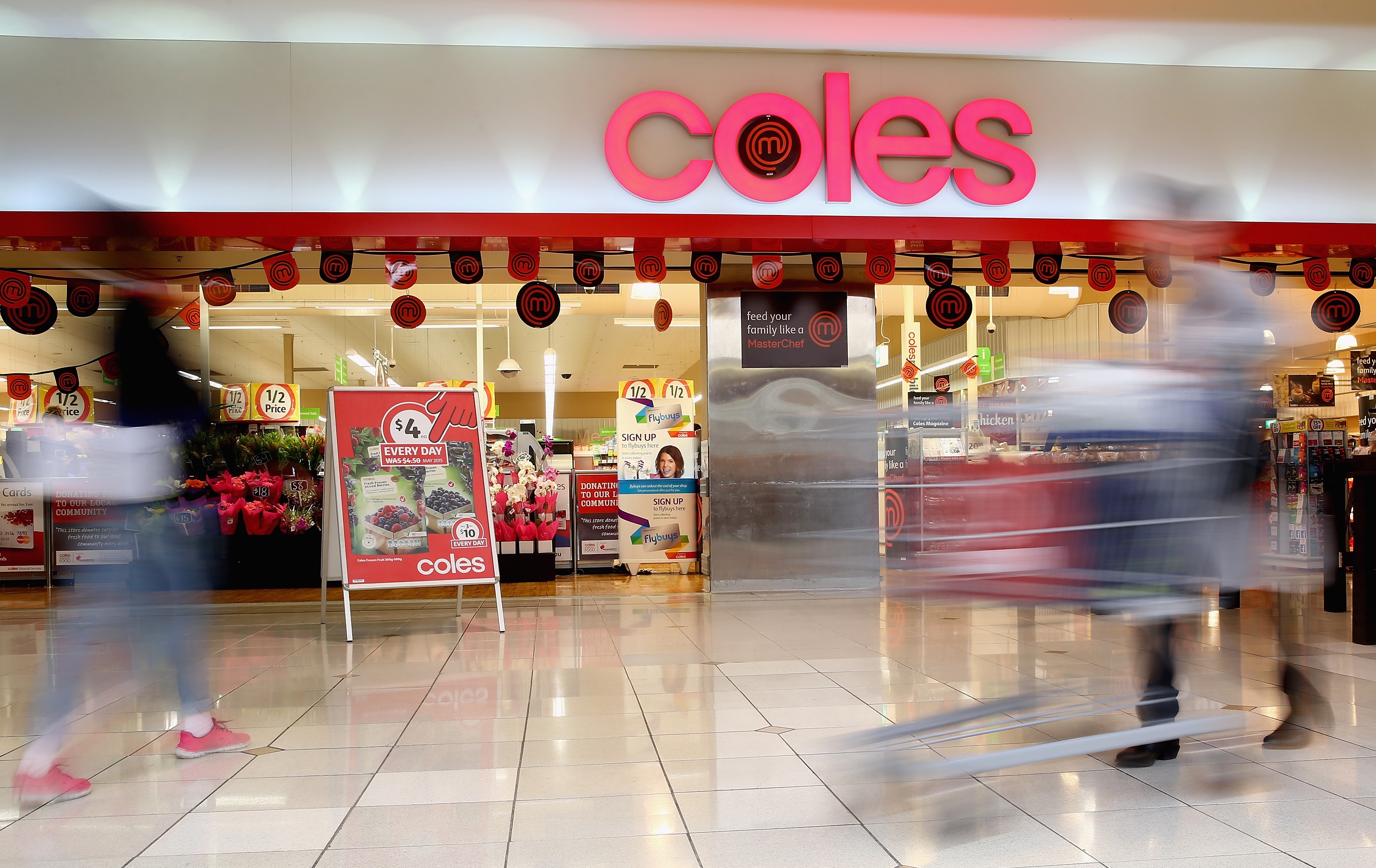
They have clearly made a mistake in simply expecting their customers to suddenly change their behaviour and start bringing their own bags.
If you want to change customer behaviour you need to invest the time and resources to educate customers and Coles hasn’t done enough there. They have obviously misjudged the reaction of their own customers and that is what has caused the backflip.

Environment
Taking steps to cut your nitrogen footprint
The actual damage to its business, however, is likely to be minor because consumers tend to forget these things relatively quickly. While there will be a segment of the consumer market that will want to punish Coles and shop elsewhere, there will be others wanting to take advantage of the free, reusable plastic bags.
But what is most disappointing is that there are very few things that make businesses come together and act collectively in support of a social good, like reducing plastic bag pollution.
Yet Coles have now simply left Woolworths flapping in the wind on this issue.
I am incredibly saddened by the news that Coles has reversed its decision to ban plastic bags.
Images of environmental destruction caused by plastic waste have been increasing on our news screens, Facebook and Twitter feeds, reminding us of the inextricable link between our everyday consumption and its detrimental effect on our ecosystems.
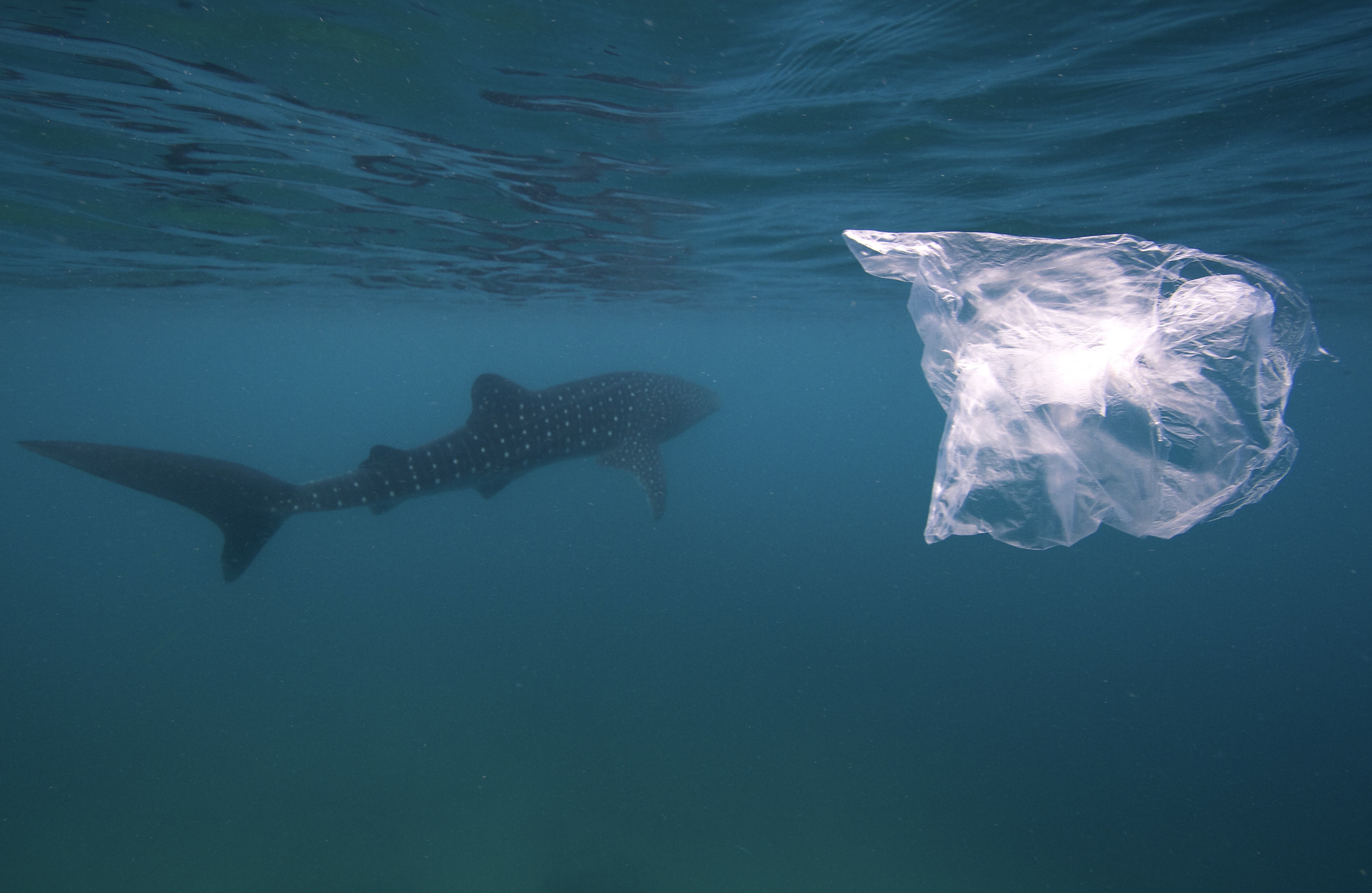
When Coles made a stand to combat plastic waste through single use plastic bags, it was responding to a larger zeitgeist that was permeating through the mainstream – one that reflected a raising of ecological consciousness and awareness.
In July, I joined 3.4 million participants in 177 countries across the globe to #ChooseToRefuse single-use plastic and help reduce the worldwide epidemic of plastic waste. July was filled with hope and pride of what we can achieve.
Let’s not let our efforts go to waste.
Banner: Getty Images